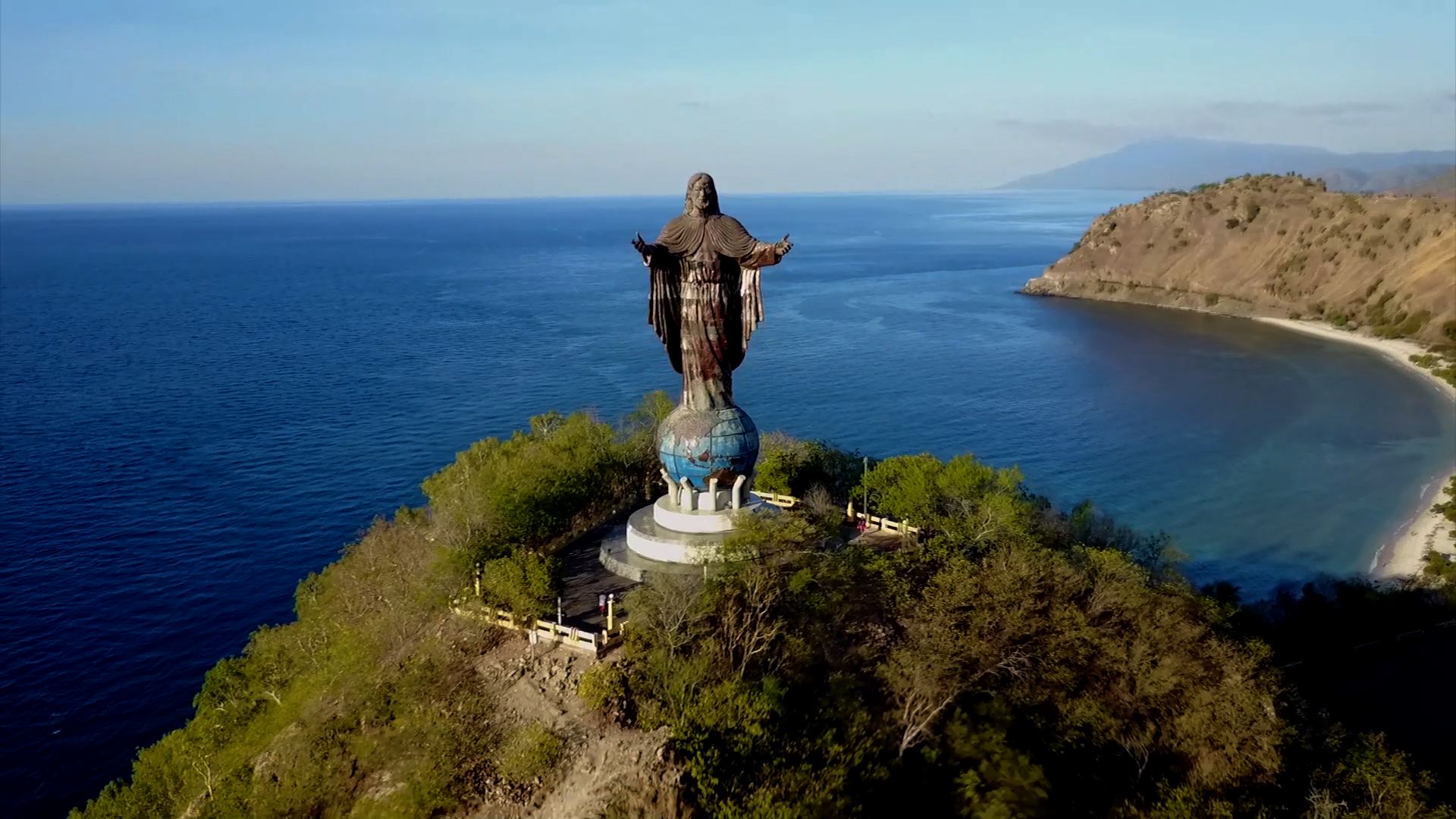Journalists from Papua New Guinea and the Asia-Pacific region have concluded a week-long familiarization visit in Timor-Leste.
The visit coincided with the country’s Independence Anniversary, the inauguration of its 4th President and the hosting of the Global Conference on Sustainable Development Goals.
Although it is one of the world’s youngest countries, Timor-Leste is showing promising signs for the future.
Timor-Leste or East Timor, which is known officially as the Democratic Republic of Timor-Leste, is a country in Southeast Asia.
Like Papua New Guinea, Timor-Leste shares a land border with Indonesia and a maritime border with Australia. The icon of the capital city, Dili, is Cristo Rei, the 27-meter-high statute of Jesus.
The country’s size is about 15,000 square kilometres, with a population of about 1.2 million people, most of whom are devoted Catholics.
On Friday night, crowds gathered at Tasi-Tolu in Dili to mark the 15th Anniversary of the restoration of Timor-Leste’s Independence.
This coincided with the inauguration of Francisco Guterres Lu-Olo, who at midnight was sworn into office as the fourth President.
In an interview with the country’s Vice Minister for Finance, Helder Lopes, he said the Government has plans to turn Timor-Leste into a manufacturing hub and as well as a financial hub.
A small part of the country, called the the Oecusse region, is in the eastern part of the island of Timor, surrounded by Indonesia.
This is where a pilot project for a Special Economic Zone is being created.
Everything, beginning with the infrastructure is being built from scratch and it’s a huge investment for the country.
Arsenio Bano, is a native of the special region of Oecusse and he is the Regional Secretary for Education & Social Services.
He is confident that in five to ten years’ time, Oecusse will be a transformed place with its completed International Airport, its tourism site, its first hotel and its major water project will all be completed and fully functional.
In fifteen years Timor-Leste has established peace, founded institutions of the state, built its health and education systems, constructed infrastructure and improved the wellbeing of its people.
All of this in a post conflict country which literally had to ‘start from scratch’ and ‘rise from the ashes’ after 1999.
These days the government is committed to continue to build and serve its country.


